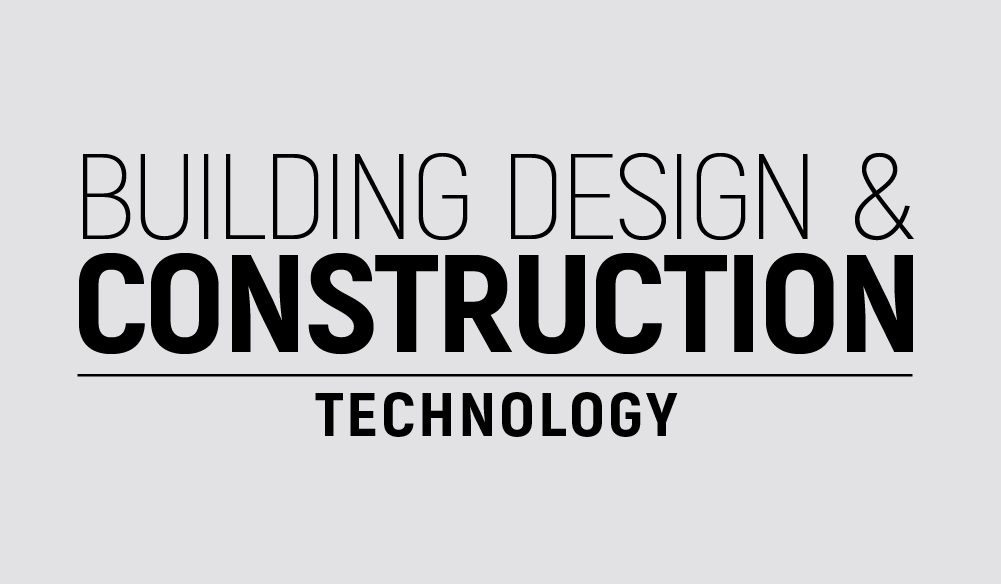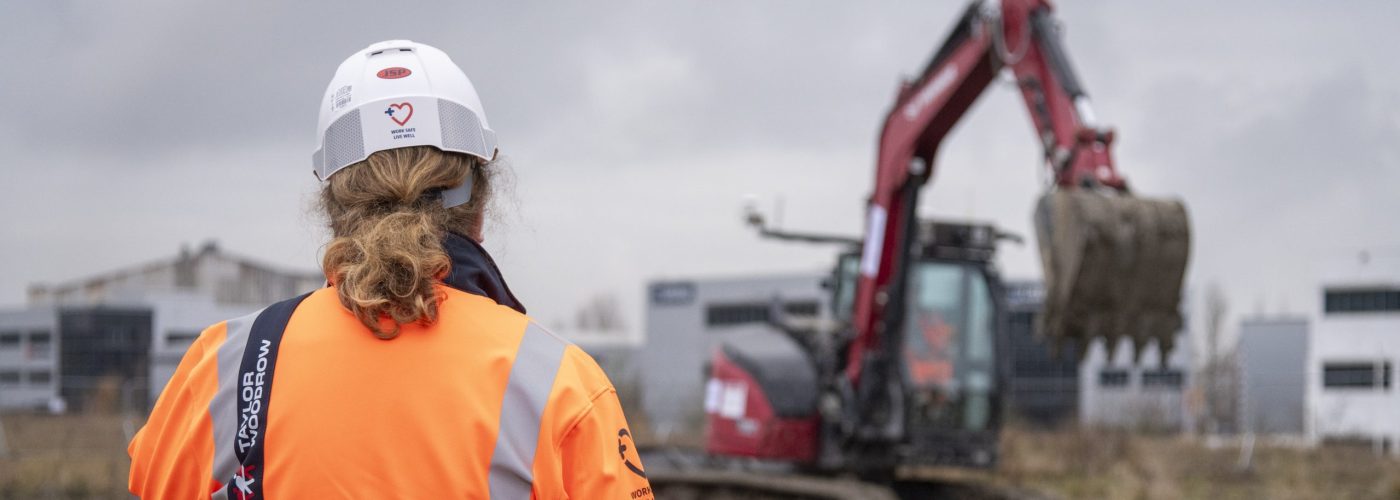Taylor Woodrow, building on its long civil engineering heritage, is pioneering artificial intelligence technology in the plant sector following a full site-based trial of the UK’s first autonomous excavators.
At the Advanced Manufacturing Research Centre (AMRC) in Sheffield a dedicated demonstration site was set up so that the Taylor Woodrow innovation team and its partners Gravis Robotics could put the intelligent machine through its paces. The autonomous excavator successfully passed a series of exercises including autonomous excavation to various depths in differing ground conditions, real-time LiDAR capture of the excavation, emergency safe stop as well as autonomous manoeuvring. The project was overseen and verified by experienced site managers, engineers and machine operators treating it as a real project. All the excavation tasks were taken from a real, upcoming scheme to robustly evaluate how it would perform if deployed there, and it worked!
This trial was about more than just an excavator without an operator in the cab. This is about supporting the development of physical AI, the new technologies that will allow Taylor Woodrow to transform how physical work is done. Increasing inclusivity, productivity, safety, and accuracy whilst reducing environmental impact and waste.
Taylor Woodrow is proud to have helped Gravis Robotics conduct early testing, helping to shape the v2 solution that was demonstrated at Bauma with a number of their partners and where attendees saw a video of the trial at the AMRC that showed how the Anywhere Autonomy approach developed by Gravis provides in-cabin copilot and remote autonomy.
The next step is for the SV100-7 to go live at Taylor Woodrow’s project at Manchester Airport. Phil Skegg, managing director of Taylor Woodrow said:
“Over the last 10 years our industry safety record has not improved, and our productivity has declined. As an industry around 20% of the cost of what we build can be attributed to not getting it right first time (GIRI). We believe that increasing the mechanisation and automation of the tasks we undertake on site will help address these problems, removing people from danger, being more productive and improving quality of workmanship. Computer controlled machines could be the way forward and as an industry leader we want to be an early adopter and trial what is available. This is an exciting first step made possible by our partnership with Gravis Robotics supported by Yanmar Construction Equipment and AMRC.”
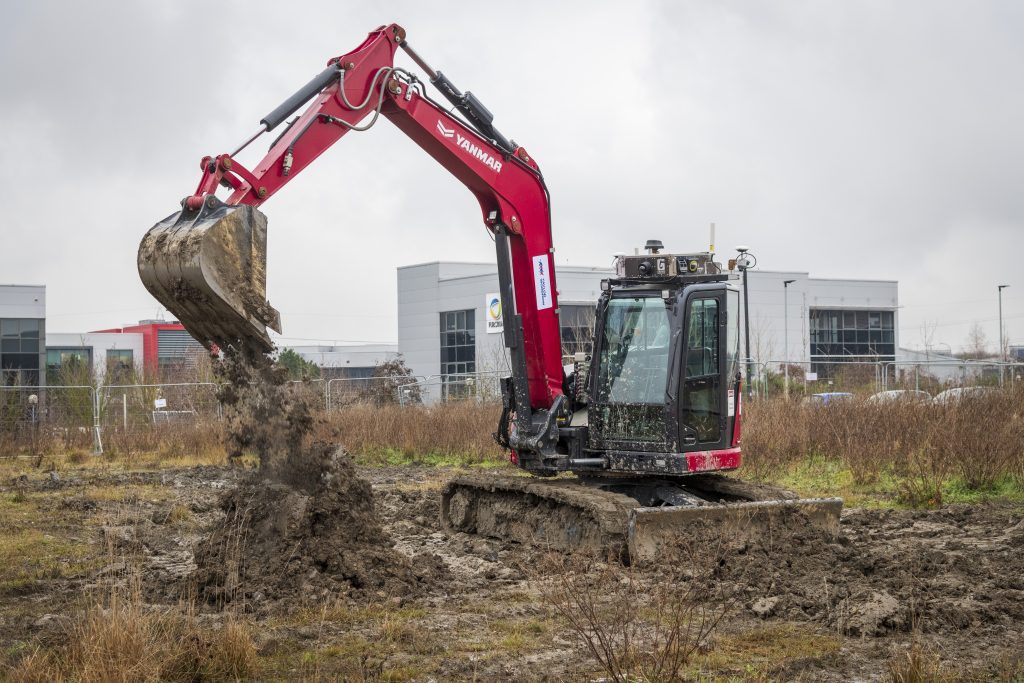
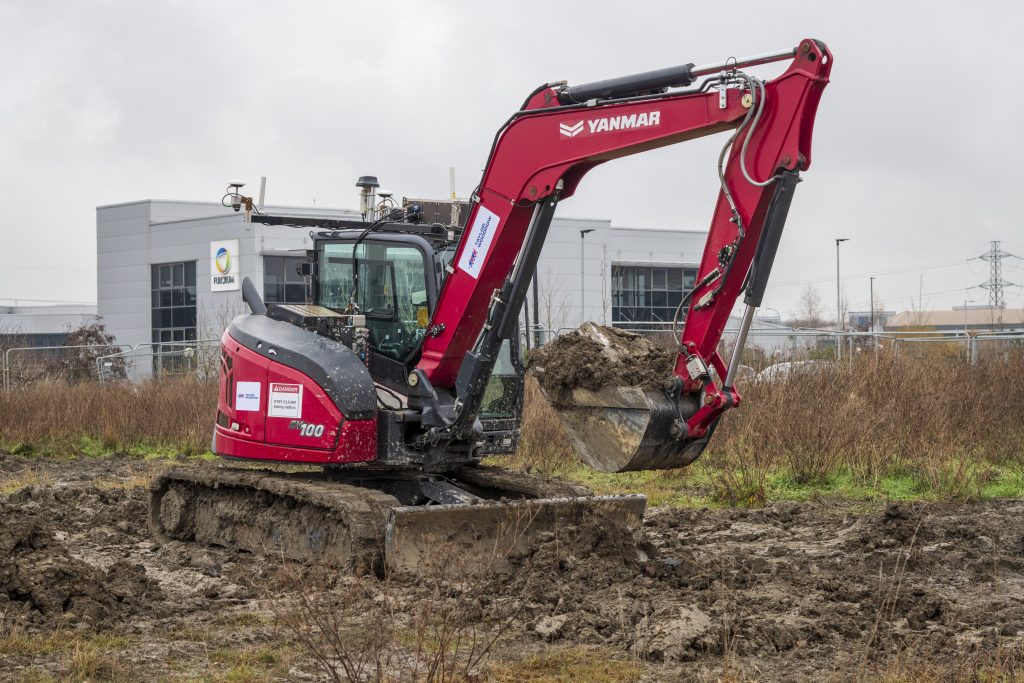
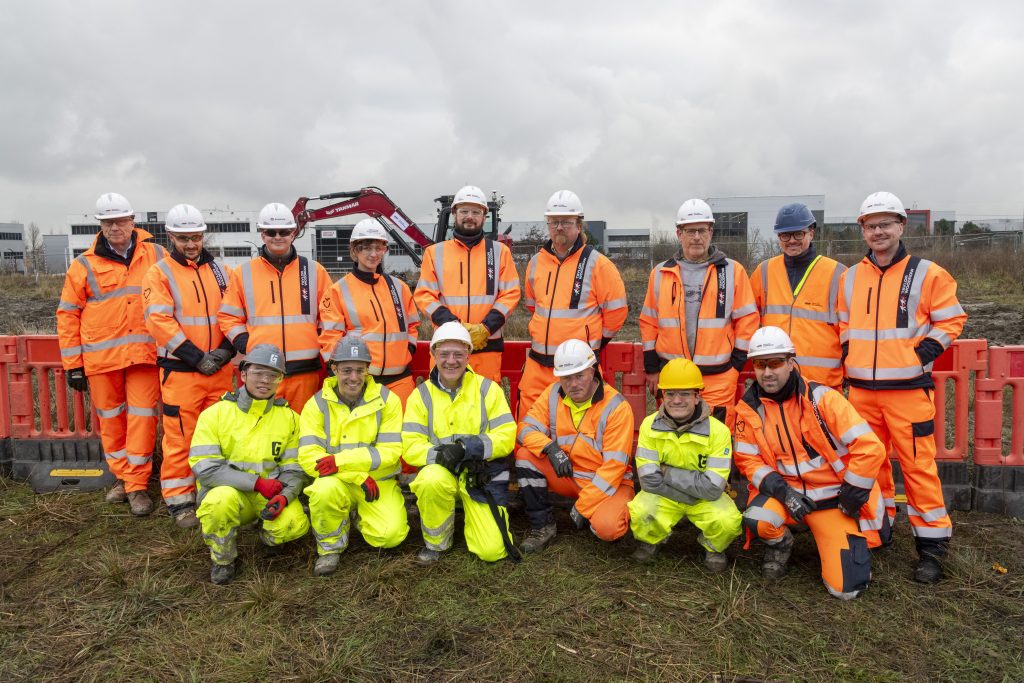
Building, Design & Construction Magazine | The Choice of Industry Professionals
